Europe
From the fall of Napoleon to Revolution in Russia and from the rise of Hitler to the fall of the Berlin Wall this period is one of major upheaval in Europe. We see the collapse of monarchies and empires and the changing status of women and working men. This is a time that witnesses the mass displacement of peoples and genocide on a scale never seen before it is also a time that sees changes in medicine and technology that make fundamental changes to our everyday lives. Read more
Sort by:
Date (Newest first) | Title A-Z
Show:
All |
Articles |
Podcasts |
Multipage Articles
-
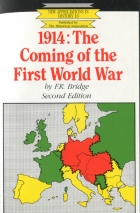
1914: The Coming of the First World War
ArticleClick to view -

A European dimension to local history
ArticleClick to view -

After the Uprising of 1956: Hungarian Students in Britain
ArticleClick to view -

After the revolution: did Cromwell, Washington and Bonaparte betray revolutionary principles?
ArticleClick to view -
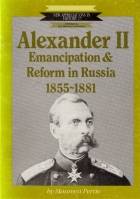
Alexander II
ArticleClick to view -
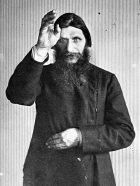
Alexandra and Rasputin
ArticleClick to view -
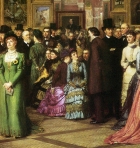
Anorexia Nervosa in the nineteenth century
ArticleClick to view -
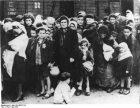
Anti-Semitism and the Holocaust
ArticleClick to view -
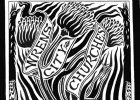
Architecture within the reach of all
ArticleClick to view -

Berlin and the Berlin Wall: on-demand short course
Multipage ArticleClick to view -
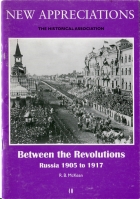
Between the Revolutions: Russia 1905 to 1917
ArticleClick to view -

Beware the serpent of Rome
ArticleClick to view -
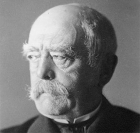
Bismarck
ArticleClick to view -
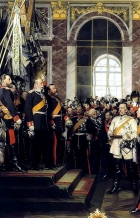
Bismarck after Fifty Years
ArticleClick to view -
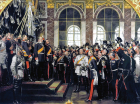
Blood and Iron: the violent birth of modern Germany
ArticleClick to view -

Bombing and the Air War on the Italian Front 1915-1918
ArticleClick to view -

Bonapartism after Napoleon III: the Prince Imperial and Eugene Loudun
ArticleClick to view -

Britain and the Formation of NATO
ArticleClick to view -

Britain’s Jews and the First World War
ArticleClick to view -

British Christians and European Integration
ArticleClick to view

